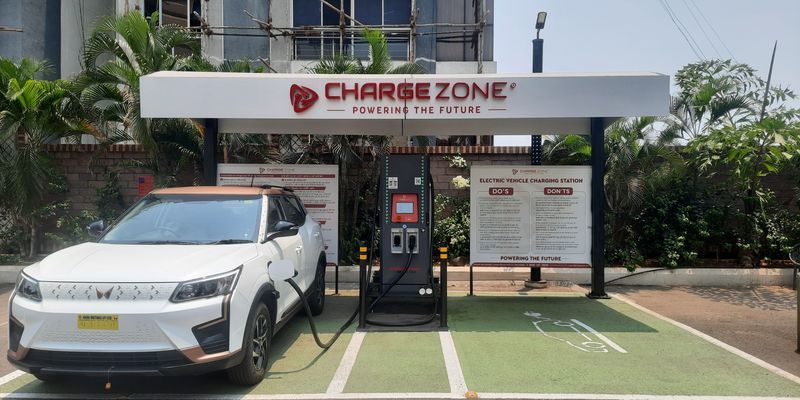Vinod Khosla's Keynote at Nasscom Product Conclave: Reject punditry, believe in an idea, take risk and succeed
Thursday November 10, 2011 , 4 min Read

In the morning at 9 am, the hall was full and overflowing. In a city like Bangalore known for traffic snarls, Taj Vivanta outside the city still attracted enthusiastic product tech crowd. The reason was obvious. When Vinod Khosla, the celebrated Silicon Valley VC and legendary entrepreneur (cofounder of Sun Microsystems) is giving a keynote, it is a must-present meeting. Rajendra S. Pawar, Chairman of NASSCOM, predicted earlier that software and hardware contribution would be on the order of $750 billion in 2020 up from $75 billion now.
Expert opinion doesn't lead to testing a big idea
Vinod Khosla made an unconventional opening stating that with risk taking comes failure and therefore he asked entrepreneurs to reject punditry and expert wisdom so that they are not caged by impossibility mindset. He said that large shifts happen without any precedent and historical trends should be disregarded when embarking upon an idea. Some of the expert predictions such as AT&T's wisdom that telephones are not great devices for communication, flying was impossible or bad forecast of oil prices in 1986 for 2000 have all been proved wrong.
Seconding Rajendra S. Pawar's prediction about the size of hardware and software contribution, Khosla said, "we can drive the economy to make it big." He quoted Bernard Shaw in his presentation: "All progress depends upon unreasonable man." He predicted that technology will lead the economy.
If we need to invent the future we want, experts should be ignored and past should not extrapolated. By challenging conventions, any idea can succeed. Extrapolating past is an exercise in futility according to Khosla, who quoted McKinsey's prediction of under a million mobile phones by 2000 whereas the actual number by 2000 was 14 million. Prof. Tetlock of Stanford University has written about folly of predictions, and Khosla quoted him as saying, "experts are poor forecasters than dart-throwing monkeys."
Cool dozen
Vinod Khosla proposed 12 cool ideas called "cool dozen" in the retail consumer market that are worth taking note for new product ventures. The rate at which change is happening will be fast, thanks to rapid changes in the post-PC era. The dozen areas are:
1. Data reduction
2. Big data analysis
3. Emotion
4. Education
5. TV 2.0
6. Social NEXT
7. Interest graph
8. NFC
9. Democratization of publishing
10. Utility
11. Health
12. Marketplace
He listed companies in each area that have the potential to grow big. He referred to Interview Street, now a Y-combinator-funded company founded by Vivek and Hari, as redefining employment market place and talent acquisition.
Vinod Khosla predicted health care to be worth $100 to $300 billion. Shopping might undergo a huge change as well as marketplaces and payment modes. UIDAI of the Government of India is yet another massive project of a kind not undertaken so far. NFC+QR+UIDAI is a huge combination providing huge opportunities.
Risk taking and failing
“Only those who fail greatly can achieve greatly,” said J.F. Kennedy. Taking a cue from that statement, Vinod Khosla said, “my willingness to fail gives me the ability to succeed.” When you embark on an idea not explored before, the probability of failure is high and that should not be a deterring force for you to not pursue that idea. “You can lose only 1x of money,” said Khosla, encouraging entrepreneurs to “do what you love and are passionate about.” You wouldn't abandon your religion if your religion is your product, opinioned Khosla. He said risk-taking needs a courageous mind in addition to guts and premature confidence. Irreverence and rule-breaking are not wrong but “the best way to win a game is by making your own rules,” concluded Khosla.
It was an hour of inspiration flowing from a seasoned entrepreneur, a VC not afraid to invest in bold ventures and bent upon seeing a change in renewable energy to the extent of eliminating conventional energy sources.
--Venkatesh Krishnamoorthy, chief evangelist, YourStory.in








